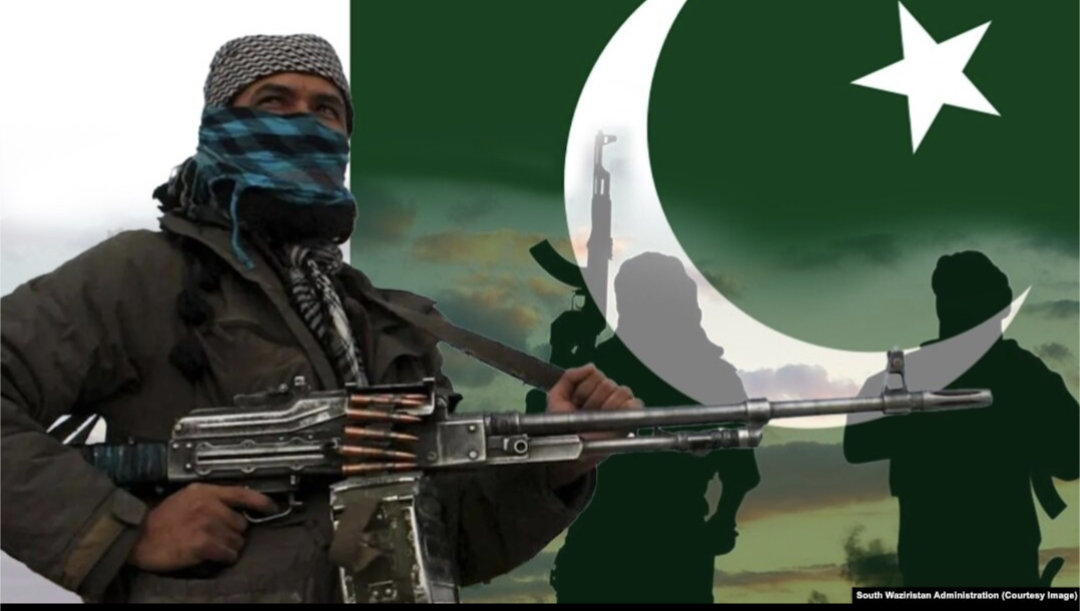Shortly after the Afghan Taliban took over the affairs of Kabul, Pakistan faced the heat of insurgency from the Tehreek-e-Taliban Pakistan (TTP). The group continues to launch a number of attacks on the security forces of Pakistan and on Chinese workers and some critical interests in Pakistan. Pakistani officials often cited, after the US withdrawal, that the return of the Taliban in Afghanistan would limit the number of attacks from the TTP.
On the contrary, the Taliban’s prominence in Afghanistan seems to have added to the ambitions of the TTP. The TTP now seems to look stronger than before. The depth of the relationship between the Afghan Taliban and the TTP seems to have deepened after the Taliban takeover in August 2021. To prove the outfit’s energetic engagement, the Taliban primary released senior TTP leaders and a large number of fighters from Afghan prisons, imprisoned by the erstwhile civilian government of Afghanistan. The Taliban leadership also provided the TTP’s top leadership with de-facto political asylum and freedom of movement within Afghanistan from which the group is directing its campaign of violence in Pakistan.
TTP chief Noor Wali Mahsud publicly reiterated his pledge of allegiance to the Afghan Taliban leader Hibatullah Akhundzada and claimed the TTP to be an operational wing of the Taliban inside Pakistan. Since the Taliban takeover of Kabul, the TTP has emphasised that the Afghan Taliban is not only a model insurgency but also a mothership of the movement.
Meanwhile, the Taliban seem to be negligent of the current status and future of the TTP in Afghanistan and remain noncommittal on a crackdown, despite the group’s violence against Pakistan. The Pakistan government seems to have sought the intervention of a top-Afghan leader, Siraj Haqqani, for talks with the TTP after the rising attacks that have been taking place in Pakistan. Former Pakistani Prime Minister Imran Khan emphasised the importance of a political dialogue being the only way forward to ensure peace.
The erstwhile Pakistani government seemed to be at tenterhooks vis-a-vis the challenge from across the border. At one point, President Arif Alvi and former PM Imran Khan observed that Pakistan was open to amnesty for the TTP if it laid down its arms and agreed to adhere to the Constitution of Pakistan. However, other Pakistani ministers downplayed the idea that amnesty was on the table.
Recently, a read-out by the spokesperson of the Pakistani army stated that a ceasefire was agreed upon at the request of the Afghan-Taliban. The reality that Pakistan’s support lent to the Afghan mujahideen was one of the components that resulted in the pull-back of foreign troops, without achieving their objective cannot be overlooked. Therefore, the US government retains a substantial need for its over-the-horizon counter-terrorism strategy in the region, for which Pakistan was approached.
Further, the growing menace created by the TTP in Pakistan creates a narrow convergence between Islamabad’s and Washington’s goals. If the temperature of the threats continues to rise, Pakistan’s interest in cooperation may also continue to rise. Pakistan not willing to toughen its stance on the Afghan Taliban on counterterrorism continues to limit Pakistan’s cooperation in the effort. Until that changes, Pakistan is likely to only offer assistance to the US government on a narrow set of targets, with restrictive and conditional terms of cooperation.
